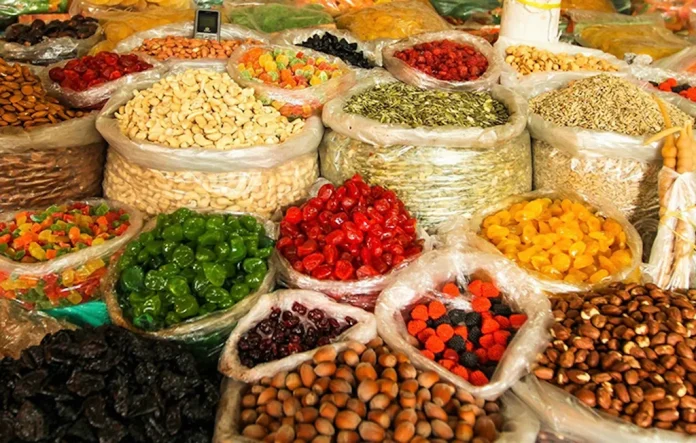BY the assessment of the Nigerian military and police, deploying men and officers of the defence and security forces to farms in the country would be strategic to ridding the agricultural facilities of criminal elements making it almost impossible for farmers to access them. Subsequently, according to the Defence Headquarters of the Nigeria Army, troops have been deployed to farms in the North Central and North West geopolitical regions of the country to protect farmers against attacks by bandits, cattle rustlers, terrorists, hersdmen and other criminals.
The Director of Defence Media Operations, Major-General Edward Buba, disclosed recently that troops’ deployment commenced with onset of the rainy season to enable farmers access their farms for a hitch-free planting season towards a bumper food harvest at the end of the day. He did not however indicate the number of soldiers so far deployed and the beneficiary states. The North Central and North West have six and seven states respectively, bringing the total to 13states. The two zones are aptly described as the food basket of the country because they produce most of the food consumed locally.
Similarly, the Nigeria Police has started farm patrols across the country to boost farmers’ confidence. According to the Inspector-General of Police, Kayode Egbetokun, “In the North East, we have started farm patrol to give confidence back to farmers to return to their farms…But let me add that the security landscape in Nigeria is complex and diverse.” Put simply, IGP Egbetokun is telling citizens the task of policing Nigeria is herculean. Like the military, the police did not say the extent to which police personnel had been deployed.
In all, the deployment of soldiers and policemen to the epicenters of attacks on farmers by criminals is indeed a well thought-out development. It is a morale booster not only to farmers but to the entire citizenry ravaged by hunger occasioned by astronomical cost of food, which on its own is driven by the devilish activities of the aforementioned criminals who particularly feast on farmers. The military and police interventions are a welcome development.
Nigeria is a massive agricultural land, huge enough to feed the entire African continent. The vast arable land supports large-scale cultivation of virtually all food and economic crops for which the continent is known. The rich land is also conducive for livestock rearing and fish farming on a massive scale.
On the basis of the above, investors, local and foreign, had invested in agro-allied industries, producing food items and inputs for industries. As a matter of fact, organic produce from the farms and products from the agro-based industries contributed significantly to the nation’s gross domestic product before the discovery of oil.
But since the advent of this democratic dispensation in 1999, the federal and state governments had made huge impact in the agriculture sector. Until 2015, food was in abundance across the country and very accessible because of low price. Similarly, industries obtained agro-raw materials at lower rates, making the cost of finished products cheaper. As it were, none complained of hunger.
The huge gains in agriculture between 1999 and 2015 were wiped out over the next eight years. Efforts by the administrations to improve on yields in the sector though were marginal but fast erosion of gains in the agriculture value chain continued unabated. This was because of the upsurge of criminal activities all over the country but mostly in Northern Nigeria where Boko Haram insurgents, bandits, cattle rustlers and dangerously armed herdsmen flourished. Soon they infiltrated Southern Nigeria.
The combined efforts of these criminal groups led to kidnap of farmers for ransom, murder of farmers, violation of female farmers and destruction of farms by herdsmen and their cattle. Consequently, the farmers have been forced to abandon their farms. Unfortunately, all these were happening under the watch of former President Muhammadu Buhari, and he did little or nothing to stop them. The criminal elements had the effrontery to attack and kill soldiers and policemen on their trail. This is the genesis of the ravaging hunger in Nigeria, which partly led to the recent END BAD GOVERNANCE protest.
We note with some sense of gratification the deployment of soldiers and policemen to patrol the farms and adjoining forests. But this is not enough considering that both the army and police are short-staffed. We therefore call on President Bola Tinubu to commence immediately the process of enabling state governments to establish state police. This would significantly improve the security architecture in the country and rid the farms of the aforesaid criminals and ease access to farms by farmers.


